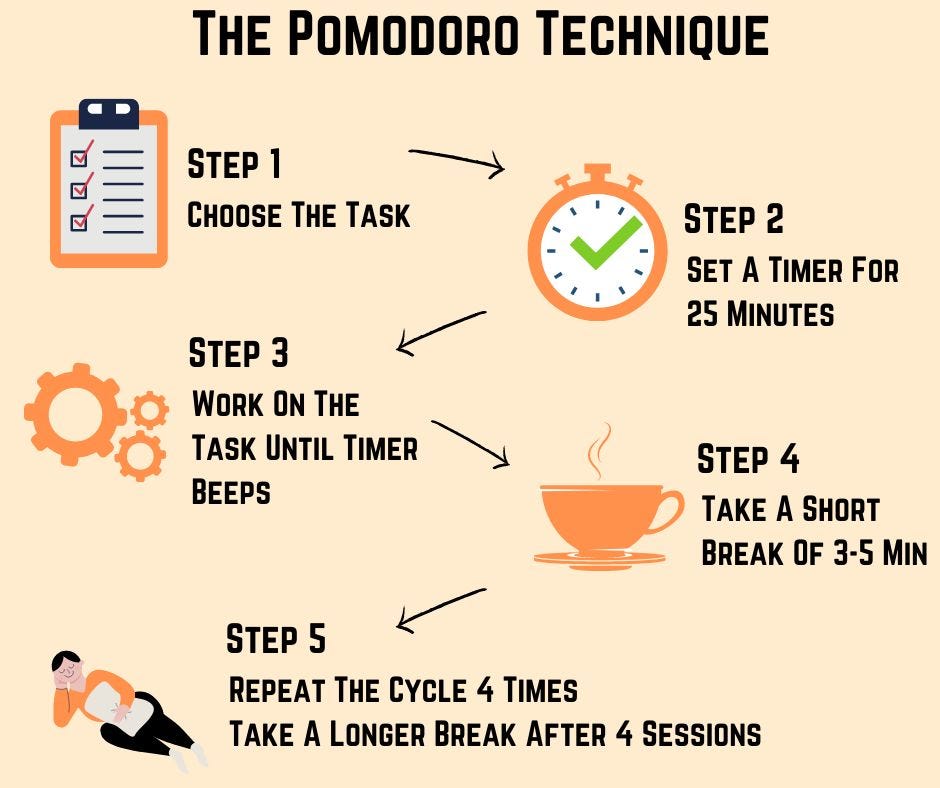Amir has his school exams this week. He also has a kathak exam and chess tournament. Amir breaks down and starts crying. He says, “ I will never be able to do all of this! I quit!”
What happened to Amir?
Amir has too many things on his plate. As a result, he is feeling overwhelmed.
What does feeling overwhelmed mean?
First, there is a feeling of overwhelm that we like.
For example, a child may feel overwhelmed when they receive a prize. In that case, they may want to immediately share it with their friends and family. Expressing is a great way to channelize this energy of feeling overwhelmed.
Second, there is a feeling of being overwhelmed that we sometimes want to run away from.
In the above example, Amir feels that he is not in control of the situation. This can lead to him finding ways to distract himself, reassess his options or isolate himself completely. What Amir needs to do is find a navigate this feeling and derive a feeling of agency again.
So, how can we support a child who is feeling overwhelmed?
Here is what we can tell them:
Break it down- When the number of things on your plate looks huge and scary. The best way to tackle it is to break it down into small tasks. Here is what you can do:
a. Write the number things which are on your agenda
b. Assign a deadline next to it
c. Decide your top 3 priorities and start working on them one by one
d. Tick them off and celebrate as you complete them.
2. Recall- Think of all times you felt like you would never be able to complete a task but yet you did. Pull out that pep talk you wrote for yourself before to remind yourself (if you don't have one, now is a good time to write one). You have crossed so many rivers you will cross this one too.
3. Music- Play your favorite music in the background while completing your task. Here is a great instrumental to help you focus too. Music helps us stay calm and finish our work in no time too.4. Breathe- Yes it’s as basic as it gets. But, breathing does not only means inhaling and exhaling. There are different ways of breathing to help a child calm down.
5. Take frequent breaks - Close your eyes every 1 hour for 10 minutes or get up and walk around. That way you won’t feel burned out completing your task. You could even try out the Pomodoro technique!
6. Organise your space- See if your study area is clean enough for you to focus. Keep things that make you feel safe around you. Eg: A photo or even a soft toy. You could even write a sticky note and stick it on the wall as a way to keep you going. Remember you got this!7. Avoid blaming- Lastly, avoid blaming the child and saying “You should not have taken up so many things” or “ I told you so” Be there as a listener and help the child solve the situation at hand.
Remember, there are days when everything can seem scary. Don’t be too hard on yourself. Be kind and take it one day at a time. :)







![Study Sleep Relax 💖] Meditation - Monoman .beautiful comment section peaceful relaxing soothing - YouTube Study Sleep Relax 💖] Meditation - Monoman .beautiful comment section peaceful relaxing soothing - YouTube](https://substackcdn.com/image/fetch/$s_!skjj!,w_1456,c_limit,f_auto,q_auto:good,fl_progressive:steep/https%3A%2F%2Fbucketeer-e05bbc84-baa3-437e-9518-adb32be77984.s3.amazonaws.com%2Fpublic%2Fimages%2F0dedb4c8-921f-4365-8724-d601722ecebf_1280x720.jpeg)


